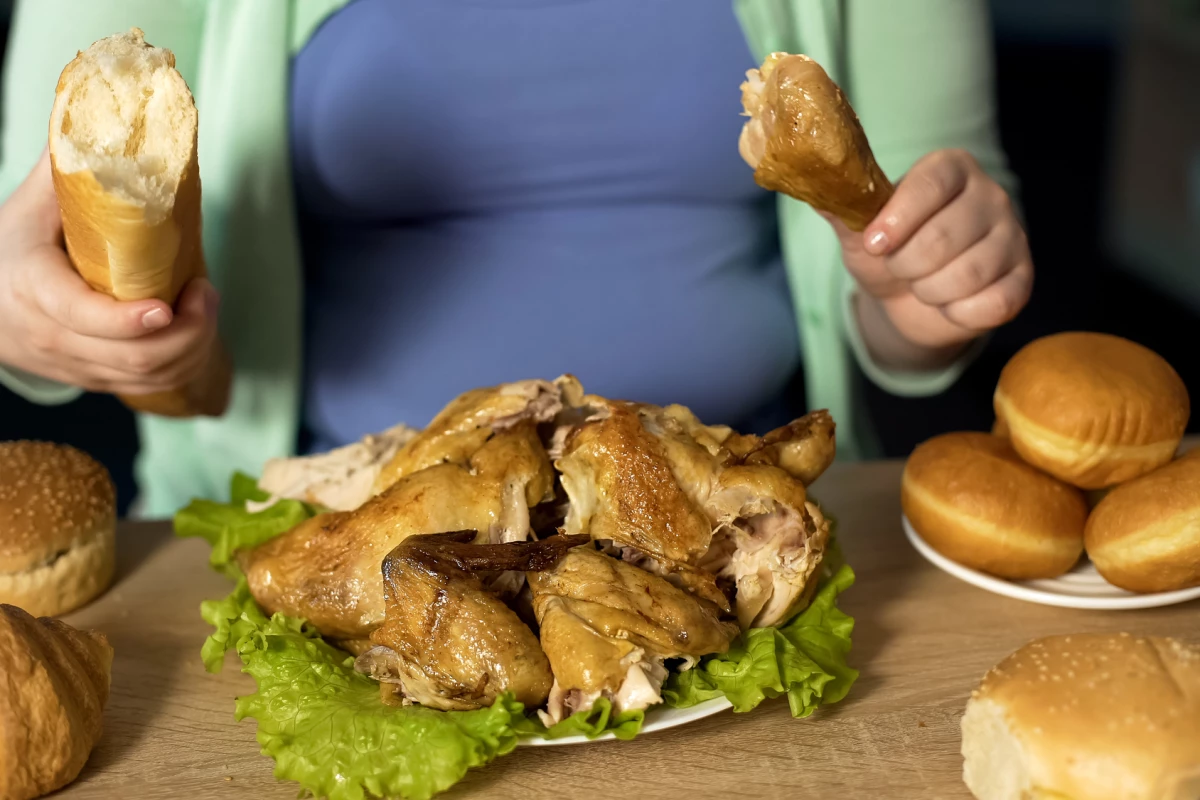A new study is suggesting a neural circuit previously implicated in overeating may be more broadly linked to impulse control. The research hypothesizes behavioral disorders, from drug addiction to excessive gambling, could be treated by regulating this neural pathway.
Impulse control is key to regulating behaviors that can quickly result in negative consequences. Why can’t you stop yourself almost unconsciously grabbing a tub of ice cream while shopping at the supermarket? Or, upon hearing the music from a slot machine, why are gamblers unable to hold themselves back from placing just one quick bet?
Of course, a variety of complex, and still unknown, processes underly the drive or compulsion that leads to damaging addictive behaviors. New research exploring a brain circuit previously linked to food intake has discovered the neural pathway may be more generally influencing impulsivity, instead of just regulating overeating.
The new study focused on a pathway in the brain regulated by a neurotransmitter called melanin concentrating hormone (MCH). Researchers have been aware of MCH for years, and its initial discovery centered around its role in controlling skin pigmentation. Over the last few decades, however, specific MCH-producing neurons have been found to modulate feeding behaviors in multiple animal models.
Investigating the particular role MCH pathways play on impulsivity, researchers utilized a specific rodent behavioral testing model. In the experiment, rats learned to wait 20 seconds before pressing a lever that would deliver a high-fat, high-sugar pellet. If the animals pressed the lever before 20 seconds had passed the timer would reset.
When a neural pathway linking the hypothalamus to the hippocampus was activated via MHC injections, the animals' impulse control seemed to drop, and they more frequently pressed the lever before 20 seconds had passed.
“There’s underlying physiology in your brain that is regulating your capacity to say no to (impulsive eating),” explains Emily Noble, lead author on the new study. “In experimental models, you can activate that circuitry and get a specific behavioral response. We found that when we activate the cells in the brain that produce MCH, animals become more impulsive in their behavior around food.”
Further tests revealed modulating this particular MCH pathway did not play a role in taste, appetite or motivation. What this means is the brain circuit being studied primarily seems to affect the animal’s inhibitory control.
“Activating this specific pathway of MCH neurons increased impulsive behavior without affecting normal eating for caloric need or motivation to consume delicious food,” says Noble. “Understanding that this circuit, which selectively affects food impulsivity, exists opens the door to the possibility that one day we might be able to develop therapeutics for overeating that help people stick to a diet without reducing normal appetite or making delicious foods less delicious.”
While the study mostly focused on how the neural pathway influences food intake, the researchers do note the discovery opens up novel research avenues for other kinds of neuropsychological disorders linked to impulse control. The hypothesis is that if this MCH neural pathway can be pharmacologically modulated then it could lead not only to new treatments for obesity and overeating, but also other conditions relating to impulsive behaviors such as addiction or gambling.
The new study was published in the journal Nature Communications.
Source: University of Georgia




